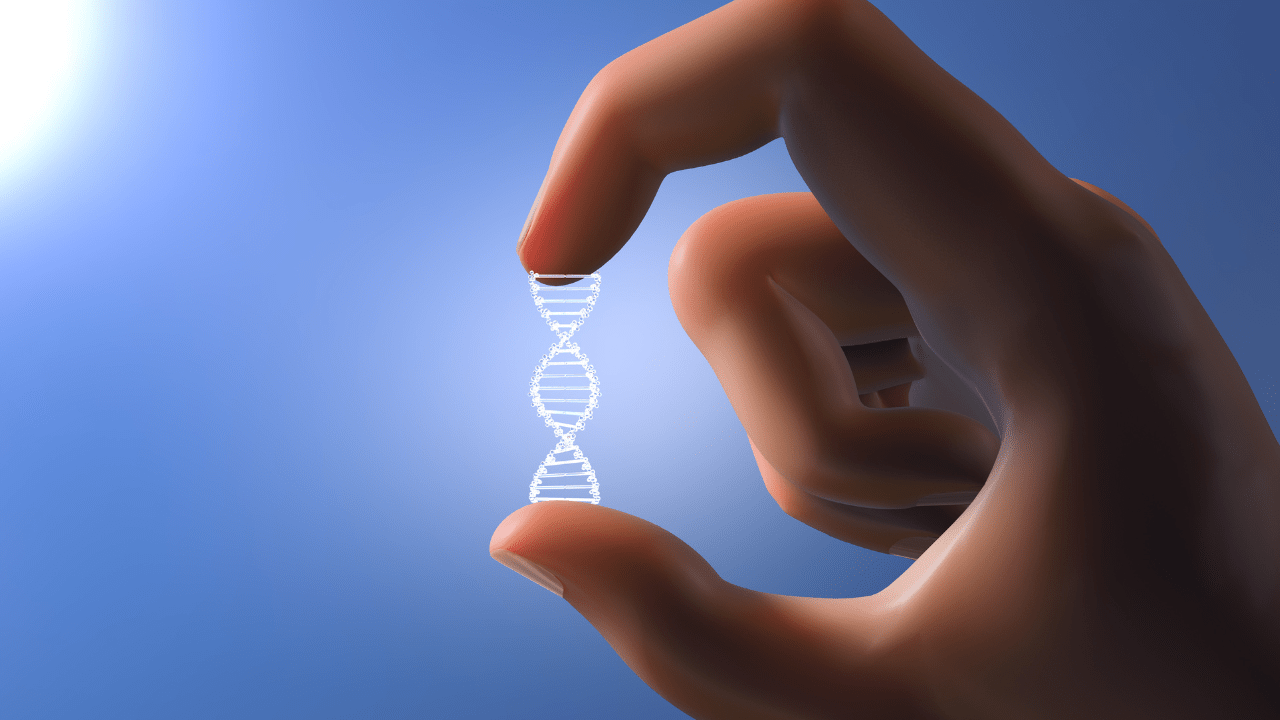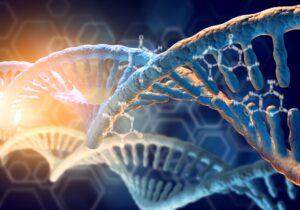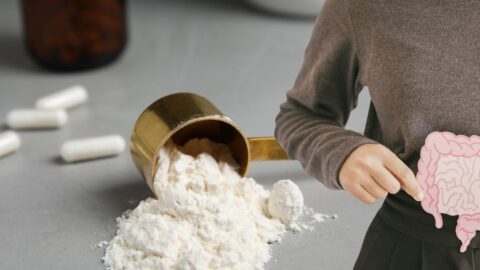by Vanita Dahia
Beyond the fad diets with Natural GLP-1 agonists, a scientific Approach to Sustainable Weight Loss.
The Complexities of Weight Loss: A Natural Approach to a Global Challenge
Obesity has become a global epidemic, significantly increasing the risk of chronic diseases like type 2 diabetes, heart disease, and certain cancers. In Australia, a staggering 66% of adults and 26% of children and adolescents are grappling with overweight or obesity.
This alarming statistic underscores the urgent need for effective and sustainable weight loss strategies.
The Role of GLP-1 in Weight Management
One key player in weight regulation is glucagon-like peptide-1 (GLP-1), a hormone produced in the gut in response to food intake. GLP-1 plays a crucial role in regulating appetite, blood sugar levels, and insulin secretion. By slowing down gastric emptying, increasing satiety, and reducing food intake, GLP-1 can help promote weight loss.
Ozempic (semaglutide) has gained popularity as a weight loss medication, but it’s important to be aware of the potential negatives associated with its use. Potential side effects may include gut issues, nausea, vomiting, diarrhea, constipation, abdominal pain, and hypoglycaemia. Severe side effects may include pancreatitis, thyroid tumours, and kidney damage.
GLP-1 makes you lose weight, that is, stimulate fat loss but depletes lean muscle mass. Problem is when GLP-1 is stopped, you gain fat mass but lose muscle mass.
What about Diabesity?
Diabesity is a condition which incorporates obesity and type 2 diabetes. Diabesity creates a vicious cycle. Insulin resistance makes it harder for the body to use insulin effectively, leading to higher blood sugar levels. Elevated blood sugar levels further contribute to insulin resistance, creating a feedback loop that worsens both conditions.
How Diabesity Impacts Insulin Resistance:
Insulin resistance is a key factor in the development of both obesity and type 2 diabetes.
Diabesity contributes to insulin resistance by:
- Increasing body fat, particularly visceral fat which leads to inflammation
- impaired Insulin signaling. Fat cells interfere with insulin signalling pathways
- Increased fatty acid levels which impairs insulin signalling leads to insulin resistance.
- Oxidative Stress: Obesity is associated with increased oxidative stress, which can damage cells and tissues, including those involved in insulin signaling.
Natural Ways to Boost GLP-1
While GLP-1-based medications have shown promise in weight loss, there are natural ways to stimulate GLP-1 production:
- Dietary Interventions:
- High-Fiber Diet: Fiber-rich foods, such as fruits, vegetables, and whole grains, can promote GLP-1 release.
- Protein-Rich Diet: Protein can stimulate GLP-1 production and increase satiety.
- Mediterranean Diet: This diet, rich in fruits, vegetables, whole grains, and healthy fats, has been linked to weight loss and improved metabolic health.
- Lifestyle Modifications:
- Regular Physical Activity: Exercise can boost GLP-1 levels and improve insulin sensitivity.
- Stress Management: Chronic stress can disrupt hormonal balance, including GLP-1 production. Techniques like meditation, yoga, and deep breathing can help manage stress.
- Adequate Sleep: Sufficient sleep is essential for optimal hormonal function, including GLP-1 regulation.
- Herbal Supplements:
- Hops Flower Extract: Research suggests that hops flower extract may stimulate GLP-1 production and promote weight loss.
- Other Potential Supplements: While more research is needed, some herbal supplements, such as berberine and green tea extract, may have potential benefits for weight loss and metabolic health.
Surgical Interventions for Weight Loss
For individuals with severe obesity who have not been successful with lifestyle modifications and medical therapies, surgical interventions like bariatric surgery may be considered. These procedures, such as gastric bypass and sleeve gastrectomy, can significantly reduce weight and improve overall health.
The Future of Weight Management
As research continues to advance, we can expect to see even more innovative approaches to weight management. By combining natural strategies with medical interventions, individuals can achieve and maintain a healthy weight and improve their quality of life.
The science of Incretins including all the appetite regulatory hormones and GLP-1 agonists have expanded to consider natural agents which have the potential to switch on or switch off appetite genes.
Managing diabesity requires a comprehensive approach that addresses both obesity and insulin resistance. This may involve:
- Lifestyle Modifications: Healthy diet, regular physical activity, and weight loss are crucial.
- Medications: Medications may be prescribed to improve insulin sensitivity and lower blood sugar levels.
- Surgical Interventions: In some cases, bariatric surgery may be considered to help with weight loss and improve insulin sensitivity.
Educational Webinar
What you will learn:
- Understand the complexities of diabesity
- Genetic, hormonal and biological drivers of weight gain
- Role of GLP-1 in weight regulation
- Natural approaches to GLP-1 production weight loss
- Develop a sustainable weight loss plan




